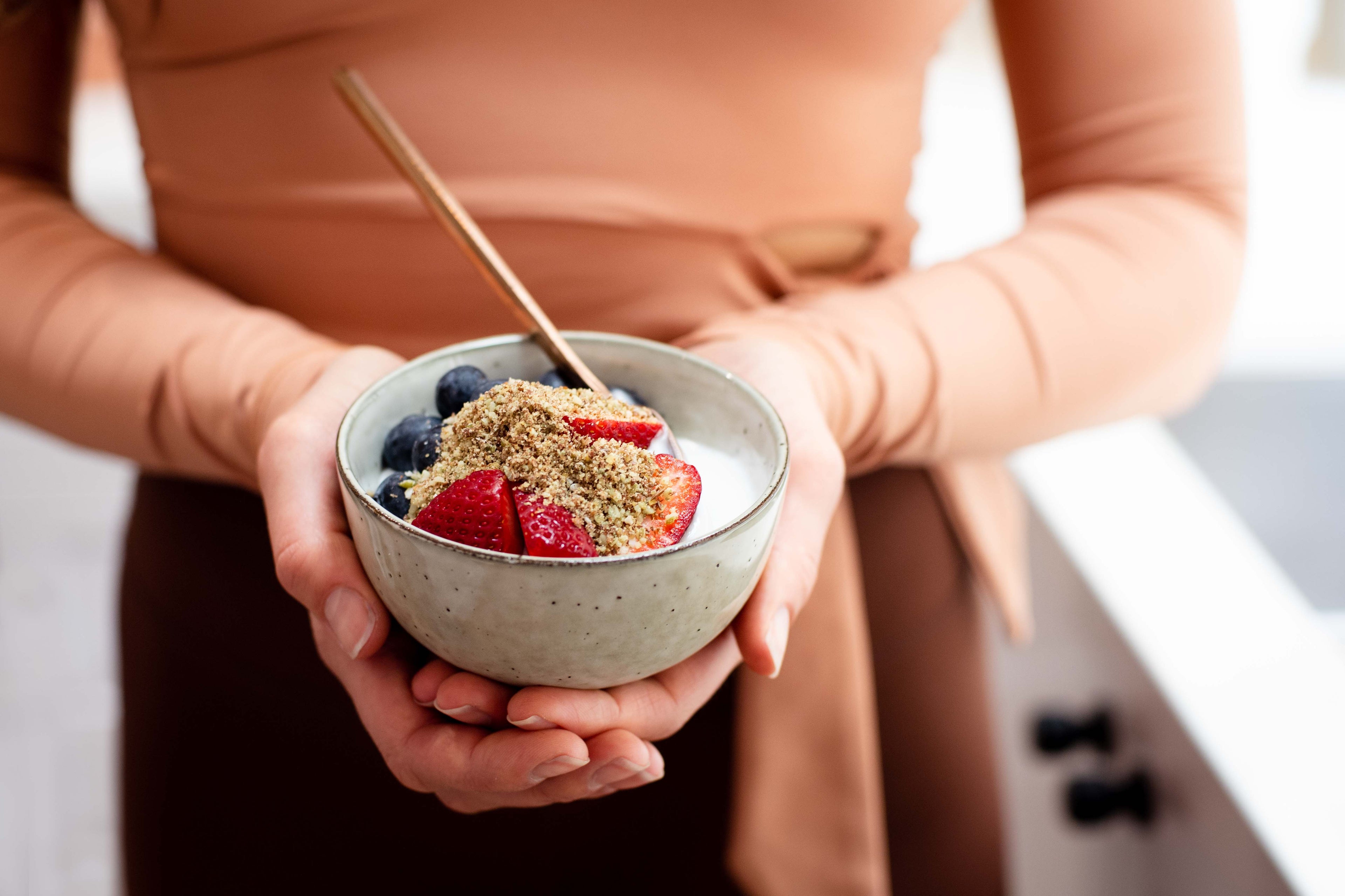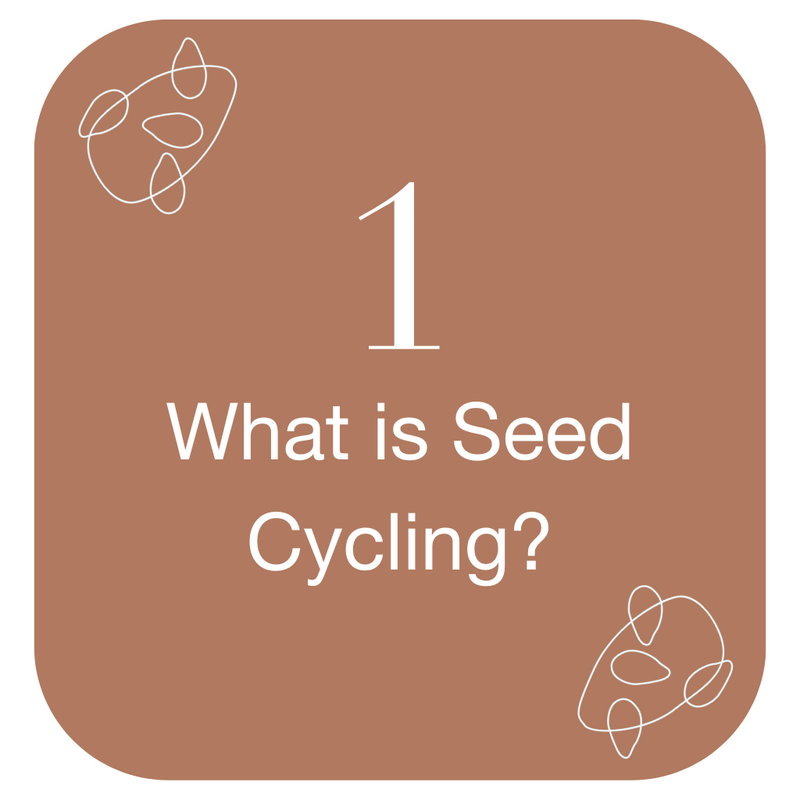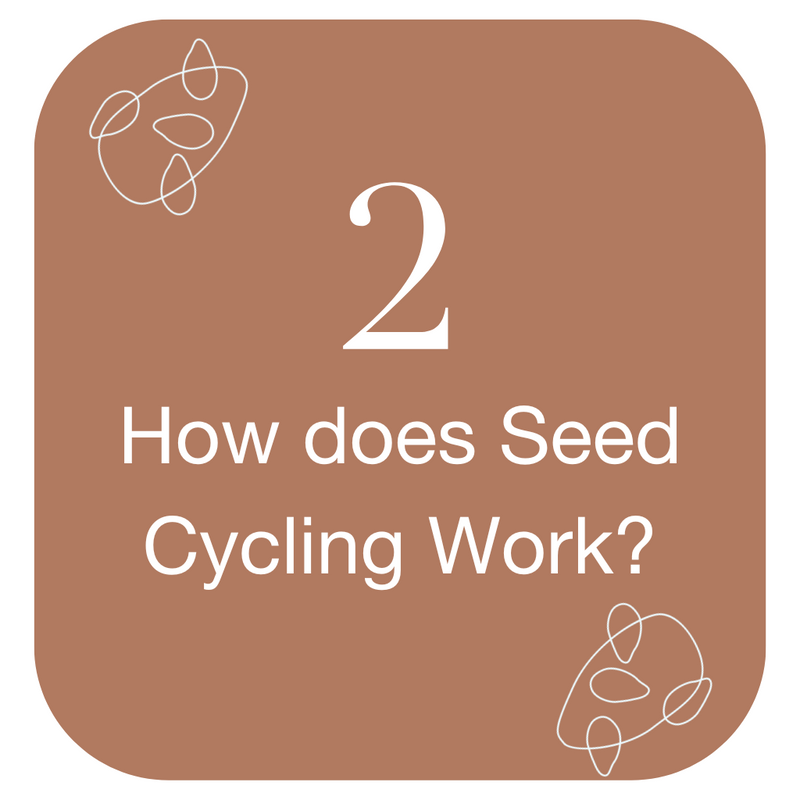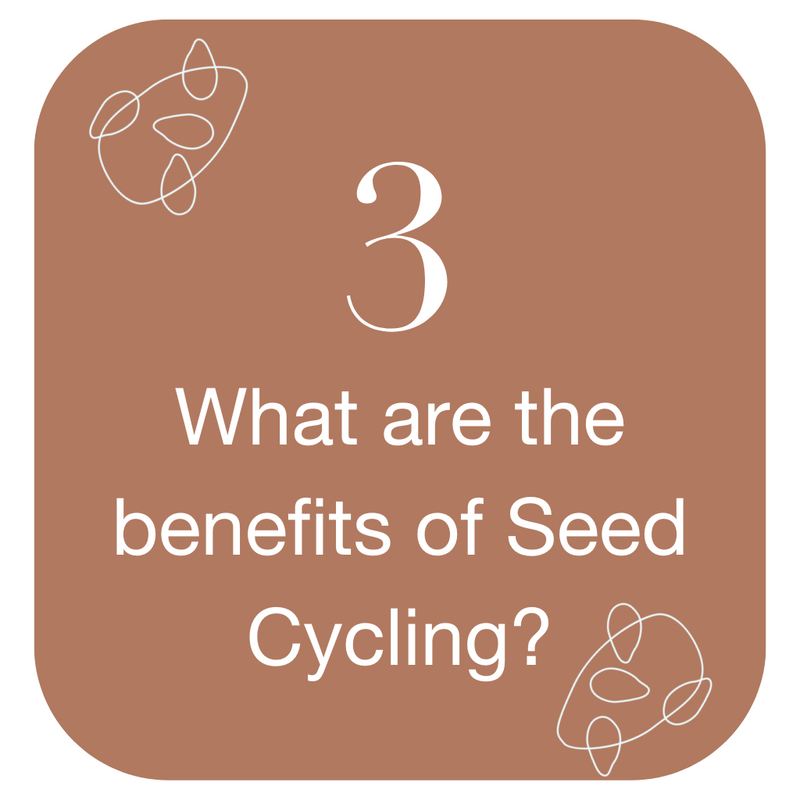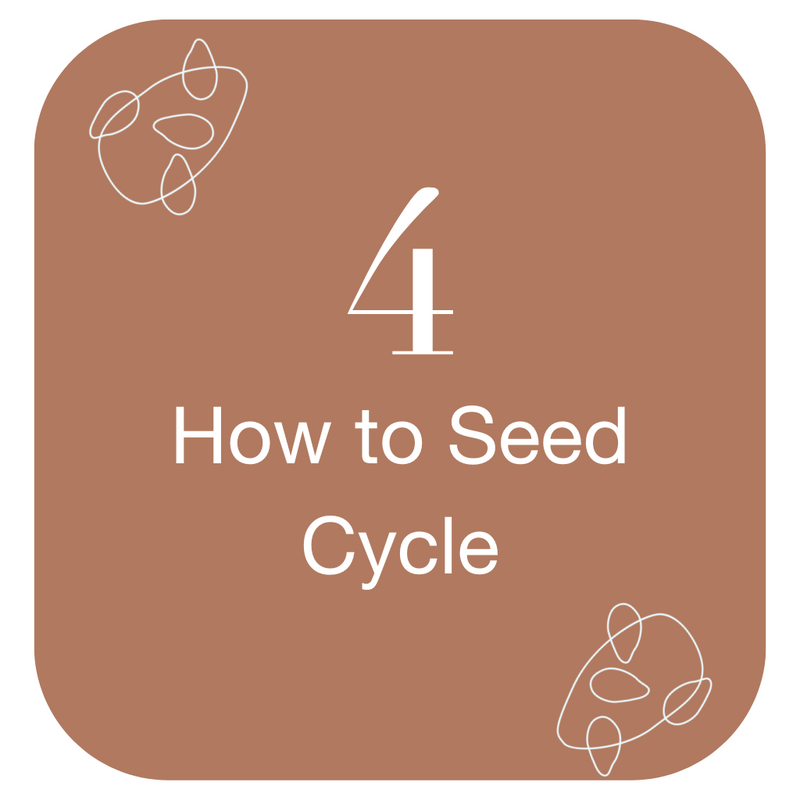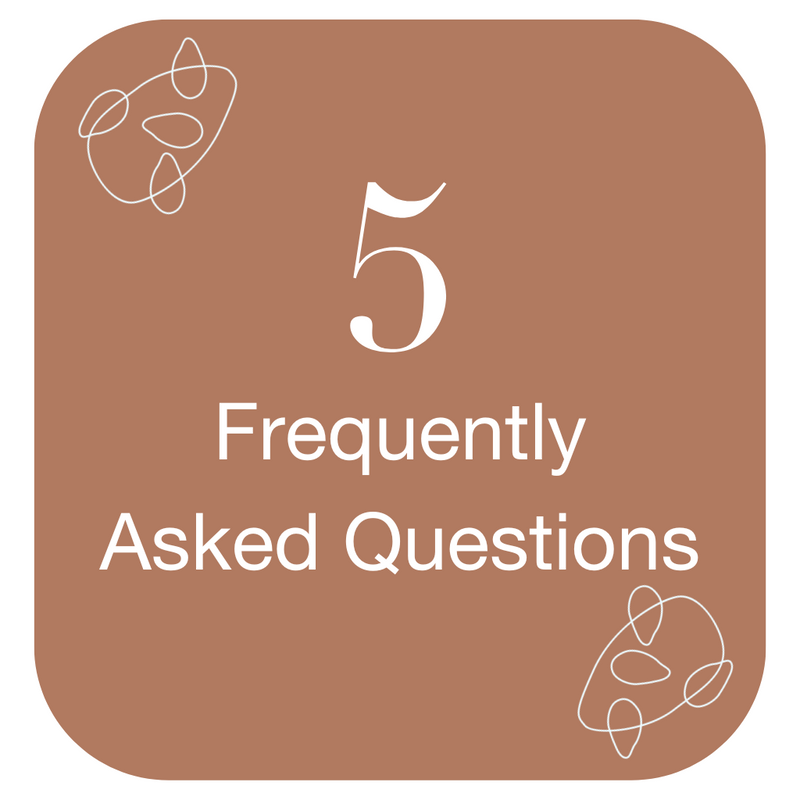Exploring Seed Cycling: A Food-Based Practice for Hormonal Rhythm Support
Seed cycling is a food-based wellness practice rooted in both traditional systems like Chinese Medicine and modern nutritional principles. It involves the rotation of four nutrient-dense seeds—flaxseeds, pumpkin seeds, sunflower seeds, and sesame seeds—across different phases of the menstrual cycle or in alignment with the lunar calendar. This approach supports the body with diverse nutrients that play a role in overall health and cyclical rhythm.
A Tradition Meets Modern Insight
Recognised by many integrative health practitioners, seed cycling is being explored as part of food-based wellness routines. The four key seeds contain nutrients such as lignans, essential fatty acids, zinc, magnesium, and selenium, which are being studied for their roles in supporting hormonal and reproductive health.
What the Research Says
Emerging studies are beginning to examine the role of seeds in relation to cyclical health. For instance, flaxseeds have been studied for their potential influence on the menstrual cycle and estrogen metabolism. More recently, pilot studies have explored seed-based dietary interventions in the context of PCOS.
Research highlights the benefits of individual seeds:
Flaxseeds: Rich in lignans and omega-3s, flaxseeds have been researched for their role in estrogen metabolism and support of the luteal phase.
Pumpkin seeds: A source of zinc and magnesium, which contribute to general reproductive health.
Sesame seeds: Contain lignans and essential minerals, including calcium and zinc.
Sunflower seeds: High in selenium and vitamin E, which may support antioxidant activity and metabolic processes.
Seed Cycling in Practice
Seed cycling typically follows a two-phase rotation:
Phase 1 (Day 1–14 / New Moon): Flaxseeds and pumpkin seeds
Phase 2 (Day 15–28 / Full Moon): Sesame seeds and sunflower seeds
This rotation aligns with natural hormonal rhythms, offering a structured way to vary nutrient intake in a cyclical pattern. The practice can also be adapted to suit those with irregular or absent cycles by following the moon phases.
Food as Medicine Perspective
Food as Medicine is a nutritional philosophy that recognises the therapeutic potential of whole foods and their bioactive compounds. Seeds are considered functional foods due to their nutrient density and potential to support overall wellbeing. It's important to note that food-based practices like seed cycling are intended as complementary to, not replacements for, professional medical care.
Seed Cycling and PCOS – Preliminary Findings
Initial studies on seed cycling for individuals with PCOS have suggested possible benefits when used as part of a broader lifestyle approach. These findings include improved cycle regularity and support for hormonal patterns. However, more robust clinical studies are needed to confirm these effects.
Important Considerations
Seed cycling is not a medical treatment and should not be used as a substitute for medical care. Individuals with existing health conditions should consult a qualified healthcare provider before making significant changes to their diet.
Additional Resources
To explore this topic further, you may refer to:
Dr. Jolene Brighten, Beyond the Pill
Alisa Vitti, In the Flow
Lucy Peach, Period Queen
Maisie Hill, Period Power
Disclaimer: The content provided is for general informational purposes only and does not constitute medical or therapeutic advice. Always consult a qualified health professional before making dietary or lifestyle changes.
Need Help or Have Questions?
We’re here to support you. Visit our resources, explore our recipes, or book a Mini Seed Cycle Consult to make this part of your daily wellness journey.
References
Gaskins, A.J., & Rich-Edwards, J.W. (2015). Flaxseed and reproductive health: A review of the literature. Journal of Nutrition. https://www.ncbi.nlm.nih.gov/pubmed/23859042
Cornish, S.M., & Chilibeck, P.D. (2020). The effect of flaxseed supplementation on hormonal levels and the menstrual cycle: A systematic review. Journal of Functional Foods. https://pubmed.ncbi.nlm.nih.gov/27462550
Zafar, R., et al. (2021). Seed cycling in polycystic ovarian syndrome: An alternative dietary therapy. Pakistan BioMedical Journal. https://www.pakistanbmj.com/journal/index.php/pbmj/article/view/100/179
Panahi, F., et al. (2015). Effects of flaxseed on menstrual cycle and ovarian function in women with PCOS: A clinical study. Journal of Obstetrics and Gynaecology Research. https://pubmed.ncbi.nlm.nih.gov/8077314
Blankenspoor, J. (n.d.). The Ecology of Estrogen in the Female Body. Chestnut School of Herbal Medicine. https://chestnutherbs.com/the-ecology-of-estrogen
Vitti, A. (2020). In the Flow: Unlock Your Hormonal Advantage and Revolutionize Your Life. HarperOne.
Brighten, J. (2019). Beyond the Pill: A 30-Day Program to Balance Your Hormones, Reclaim Your Body, and Reverse the Dangerous Side Effects of the Birth Control Pill. HarperOne.
Aviva Romm, M.D. (n.d.). Flax Seeds as a Super Food for Hormonal Health. https://avivaromm.com/flax-seeds-super-food/

